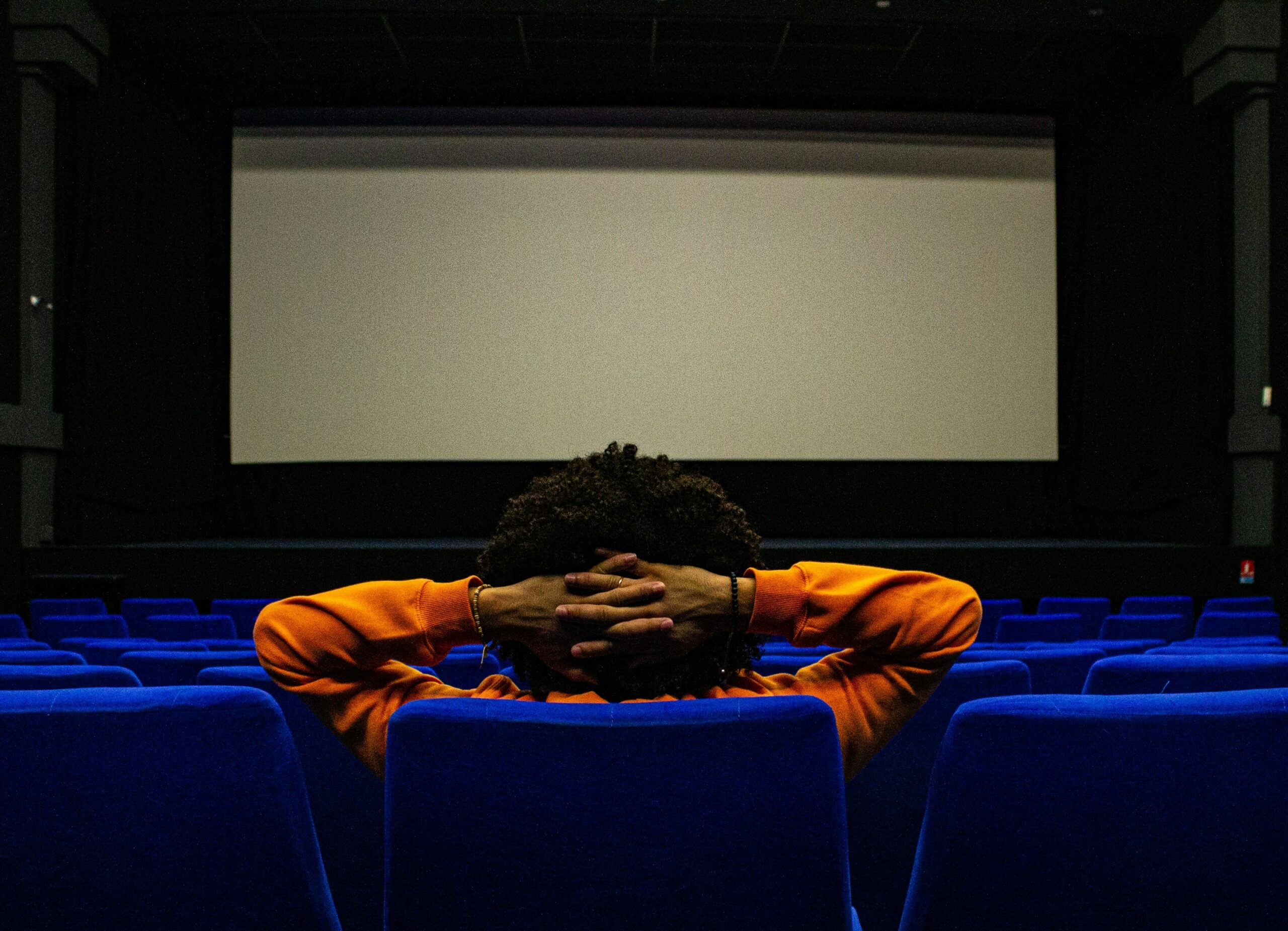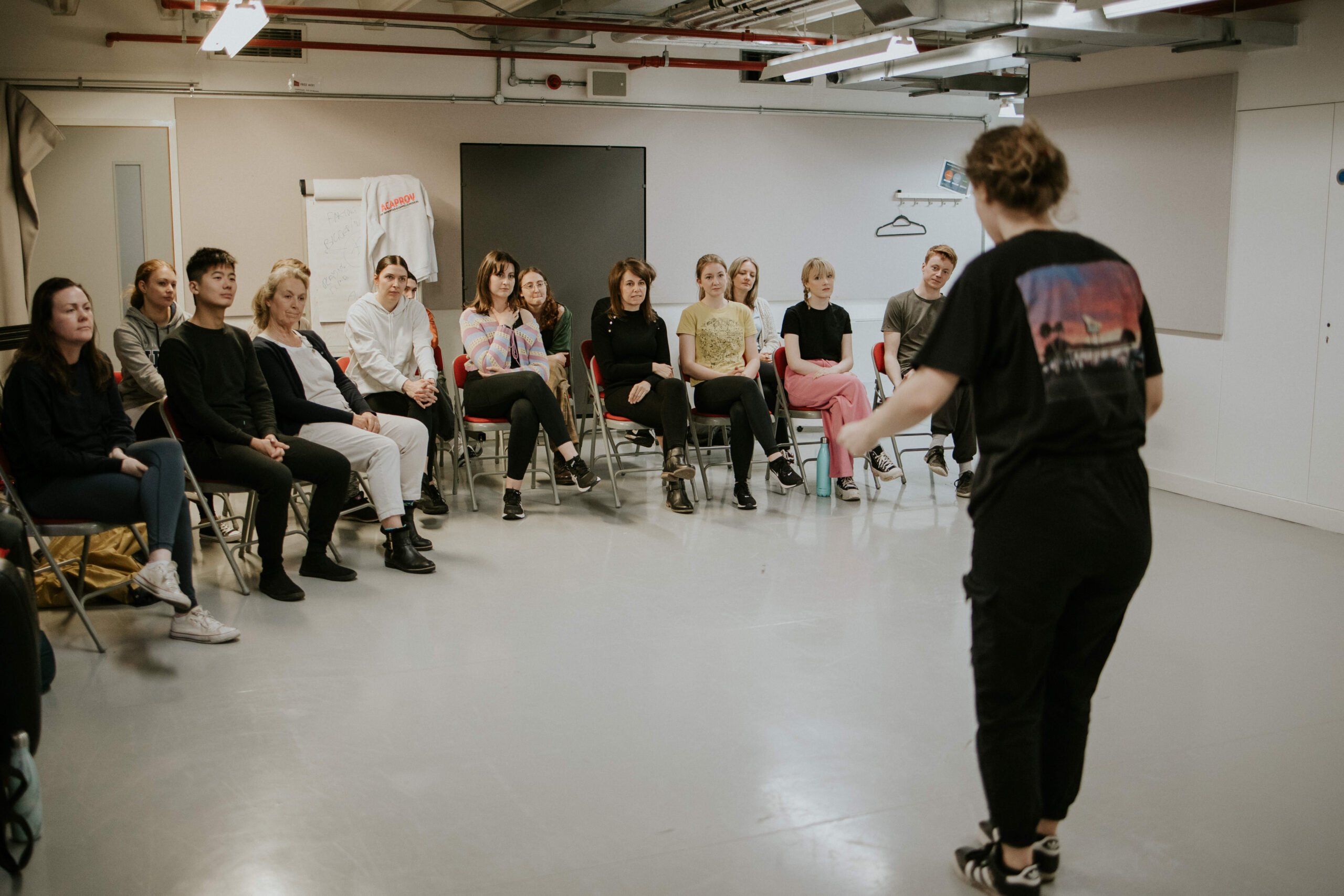Rhys Jones gives his advice about knowing your type as an actor and warns against casting your auditioning net too wide.
It’s important to know what your type is so you can put yourself forward for the right roles.
“I’d cut my hair for a role” – every actor who takes themselves seriously has, at some point, made this claim. Whilst giving your all to your art is a noble intention, it can show a certain naivety about how casting actually works. The reality is a casting director has no time to wonder if you might fit the brief with a few alterations, they’re going for the person who fits that brief now! Because as we all know time is money, and we tend to have neither, so it’s important to know what your type is so you can put yourself forward for the right roles.
Understanding what your type is
Every actor has a type, no matter how versatile you are. Usually casting briefs will dictate what type of actor they need so you need to consider whether you fit into those brackets. A type is usually made up of age, appearance (including gender, height, hair colour etc), personality traits, skills and, sometimes, how you sound.
There are a few things to consider when thinking about your type.
- Age – Embrace the age you are, and if you have the gift of looking younger (or older) – great! But be honest with yourself, if you’re 30, there’s a strong likelihood you can’t play 16-year-olds anymore.
- Appearance – I’m 5ft 5ins, so I’m not likely to play a towering giant any time soon but with The Lord of the Rings series in production, there are plenty of roles suitable for me in that! Your height and stock can set you apart from other castings.
- Personality – How you are as a person is a big factor in your casting. It’s nothing to be afraid of either, especially as we taught that acting is being someone else. Think about whether you’re more of an intellectual, maybe you’re naturally very innocent or perhaps you’re quite a serious person. Your natural personality makes some roles a lot easier to unlock.
- Skills – Know your skills, what you can and – sometimes more importantly – can’t do, and make sure that they are detailed on your Spotlight profile. You never know who might be searching for a yodelling mixologist!
- Voice – Consider how you sound. Does your voice sound assured, nasal, high-pitched? If you can’t shake your natural accent, then that again puts you into a different bracket.
Look at the parts you’ve had so far and analyse where you felt the strongest. That’s most likely to be closest to your type as it wasn’t as much of a jump. If you’re just starting out, ask some industry professionals for tips and guidance. Social media is a wonderful resource for getting feedback on headshots or showreels.
We as actors need to become a tad more critical. I hear about way too many actors just applying for the sake of applying, often with the mantra of ‘I could do that’. Casting directors have no time for could! We’ve seen an increase in breakdowns that say, ‘only apply if you fit the brief’. And why is that? Because everyone thinks that they can do everything. Or they think if the casting director sees their application that they might change their mind. Trust me, they won’t.
Keep your headshot up-to-date
Make sure your headshot is current and looks like you. It’s such a simple piece of advice that we all tell each other yet there are so many that fail to take their own counsel. Making sure headshots look like you is so important. With so many actors going for shots showing them on their very best day, I often feel like asking them if they ever look like that at an 8am audition, after they’ve travelled for two hours on public transport!
Having worked on audition panels for a number of years, it’s disheartening, when you see the actor in the room does not resemble the headshot on the application submitted. In my experience, this can be men who won’t let go of the fact that they are balding, and their headshot shows a full head of hair, those that dye their hair without updating their headshot, and those who have over-edited shots. Sometimes I’ve had to look several times at the shot and then back to the person, trying to figure out if they are indeed the same person.
Accept that whatever your body shape or size is, whatever colour or length your hair is and whatever unique features you have – that is your casting look.
Be confident about who you are
We are afraid that what we are is not enough for casting directors. Accept that whatever your body shape or size is, whatever colour or length your hair is and whatever unique features you have – that is your casting look. That means you won’t fit every time, but somewhere your look will tick enough boxes for you to be the right one for that job.
Unsuccessful auditions can easily lead to the conclusion that you didn’t look right, which can escalate to you thinking you may need to change your look. Sometimes that can be the right thing to do, a brand freshener if you will, but where possible you have to remember an actor is a product, and knowing what your product is, and not what it could be, will surely lead to more success.
Typecasting
We are scared of being typecast but the truth is typecasting can actually work in your favour. Knowing your type gives you a parameter to work to, allowing you to filter through the thousands of castings that get launched to a much more manageable amount to apply for. Once you understand and accept your type, you can carve yourself a nice niche of work.
The word typecasting has become more powerful than what it actually means. Those who constantly work but ‘do the same parts’, are still doing more work than you! To be brutally honest, 2019 was my best year for work but it hasn’t made me rich. There have been many years where I’ve taken all sorts of work to supplement my income, and there’s no shame in that, but would I take a 5-year stint on Doctor Who or Corrie and worry about being typecast? Of course, I’d take it. It’s work! Many famous actors have been accused of always playing the same part, to which I say, companies are hiring them to do that. We are so quick to blame a lack of craft from actors, rather than the machine that we all fit into – hence why I’m suggesting we all become critical, and know what we are now, and not what we could be. Sure, actors who have made their name can work against typecasting, but that’s because they have the drawing power to do so.
We hear all too often about casting directors who know actors that wasted their time so don’t let yourself be one of them. I find a little consideration about what I am right now and having more knowledge about my casting type gives more conviction to my applications. Check your headshots are up-to-date, read briefs properly and only apply for roles you’re actually suitable for – you’ll have a much better time of it!
Rhys Jones is an award-winning actor from Birmingham. He’s worked across theatre, film and TV, all over Europe where he’s collected an impressive arsenal of stories, jokes and puns. Some might say he’s a glutton for pun-ishment.












